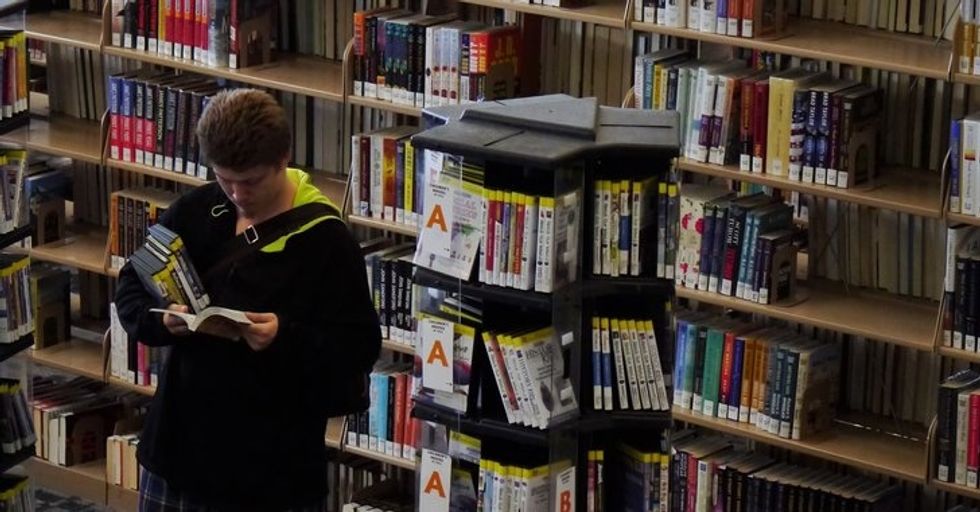Before I decided on which college to attend, I decided on a major. English was my first choice after looking over my high school report card. If you're good at something, why not learn how to make money doing it? At least, that's what I thought.
Fast forward three years and my school drops Literature in English as a major due to declining interest and lack of funds. Luckily, I changed my mind about studying English and decided to pursue journalism and writing instead.
The funny thing about Liberal Arts majors is that when your school is small enough, there is an overlap in courses between English, journalism, and even theater. So despite the English major being ousted by the administration, the courses live on as electives and core requirements. Just not for English majors.
According to the New York Times, "165 students graduated from Yale with a B.A. in English Literature" in 1991. At the time, English was one of the more popular majors, but in 2012, "there were only 62 graduates in English literature and majors like political science and economics were among the most popular."
So what changed in the past 50 years?
For starters, attention spans aren't what they used to be. Study helpers like Cliff Notes and Spark Notes have decreased the likelihood of children learning to enjoy reading.
Patience has become a forgotten pastime in the age of smartphones and talking navigation systems. For those that can endure the painstaking practice of reading, another challenge awaits them in the slow pace of the job market.
One of the direct outcomes of being an English major used to be becoming a published author and writer. Now with the decreasing popularity of books correlating with the foreclosure of libraries worldwide, getting your big break as an author out of college has become a distant dream.
Most English programs exist at liberal arts schools because it's easier for them to key in on the art aspects of careers as opposed to the technical aspects. As a result, schools still require genre requirements like Poetry Writing and Fiction Writing instead of more practical courses like Copy Writing or Technical Writing. Those courses can be found under the communications major, equipping students for professional day-to-day writing as opposed to long-form writing.
Communications comes off as a more practical academic pursuit in regards to having a daily 9-5 job. This isn't to say that English majors are limited in what they can do, but they're more handicapped than other majors out there.
Published in 2012, a book titled College Majors Handbook reported that 60 percent of English majors say the occupation they received out of college was related to their major. With a major like Economics, 70 percent said their occupation was related to their college major.
According to the survey within the book conducted by that was conducted to retrieve this information, the 10 percent difference between the two majors accounts for approximately 10,000 people, meaning there are college sized sample sizes of English majors doing something completely unrelated to their academic study. Political science reported nearly a 50-50 ratio of occupation relatedness to unrelatedness after graduation per the same survey.
College is pretty much a crapshoot. We know that we are better off going than if we don't, but all college students end up facing the existential crisis.
What matters more: my passion or my paycheck?
Majors can't define our profession because there are exponentially more jobs than there are labels for majors. The degree is what allows you to get in the door, but your major just makes you more comfortable when you walk in. Regardless, tread lightly.






 The minimum wage is not a living wage.
StableDiffusion
The minimum wage is not a living wage.
StableDiffusion
 influential nations
StableDiffusion
influential nations
StableDiffusion












